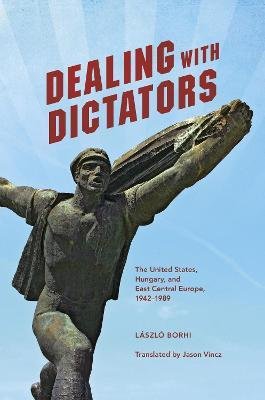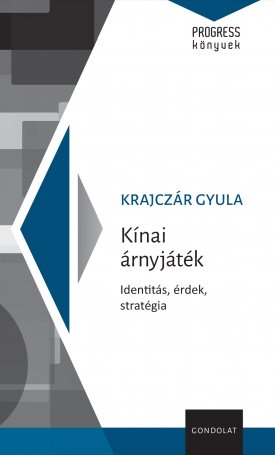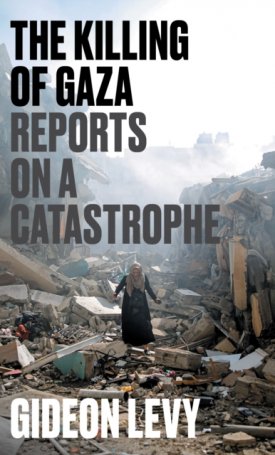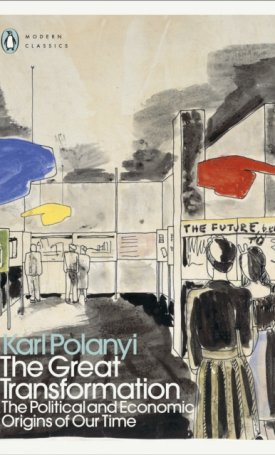Dealing with Dictators - The United States, Hungary, and East Central Europe, 1942-1989
Dealing with Dictators - The United States, Hungary, and East Central Europe, 1942-1989
Dealing with Dictators explores America’s Cold War efforts to make the dictatorships of Eastern Europe less tyrannical and more responsive to the country’s international interests. During this period, US policies were a mix of economic and psychological warfare, subversion, cultural and economic penetration, and coercive diplomacy. Through careful examination of American and Hungarian sources, László Borhi assesses why some policies toward Hungary achieved their goals while others were not successful. When George H. W. Bush exclaimed to Mikhail Gorbachev on the day the Soviet Union collapsed, "Together we liberated Eastern Europe and unified Germany," he was hardly doing justice to the complicated history of the era. The story of the process by which the transition from Soviet satellite to independent state occurred in Hungary sheds light on the dynamics of systemic change in international politics at the end of the Cold War.
László Borhi is Peter A. Kadas Associate Chair and Professor of Central European History at Indiana University and Scientific Counsellor of the Institute of History Center for Humanities of the Hungarian Academy. He is the author of Hungary in the Cold War, 1945–1956: Between the United States and the Soviet Union (2004) and coauthor and coeditor of Soviet Occupation of Romania, Hungary and Austria, 1944–1948. He is the recipient of the Gold Cross of Merit of the Hungarian Republic (2006), the Zoltán Bezerédj Prize of the Ministry of National Cultural Heritage of Hungary (2006), and the György Ránki Prize of the Hungarian Historical Association (1995).
Contents:
Introduction
1. Peace Overtures, the Allies, and the Holocaust, 1942-1945
2. Cuius Regio, Eius Religio: The United States and the Soviet Seizure of Power
3. Rollback
4. 1956: Self-Liberation
5. Reprisals and Bridge-Building
6. The Dilemmas of External Transformation
7. "The Status Quo is Not So Bad": Détente
8. Nixon, Carter, and the Kádár Regime
9. "Love Towards Kádár": Reagan and the Myth of Liberation
10. 1989: "Together We Liberated Eastern Europe"
Conclusion
Bibliography
Index
Translator Jason Vincz, a specialist in Anglo-American and Eastern European literature, holds degrees from Harvard College, the University of Iowa Writers` Workshop, and the Russian and East European Institute at Indiana University.
















